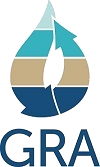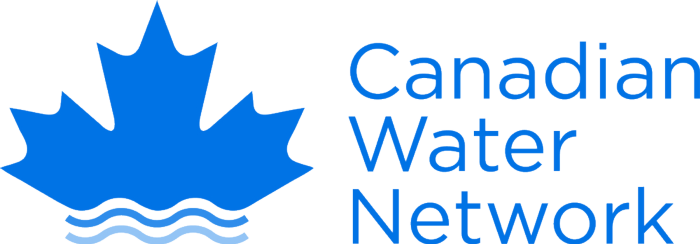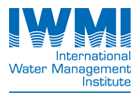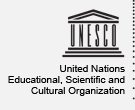Presentations 2016
Reinelt, Peter
Presentation Title
To Maximize Net Benefits, Abolish or Limit Water Data Confidentiality to 1-5 Years
Institution
State University of New York at Fredonia
Video
Video Not Available
Presentation
Profile Picture

Abstract
With water supplies constrained by prolonged drought and future climate change and water demands rising with population growth, California faces a future of increasing water scarcity and attendant impacts on water quality. Improvements in resource management will require greater integration of surface and groundwater supply quantity and quality, more extensive and accurate measurement of relevant water parameters, and storage of this critical information in comprehensive databases available to government planners, affiliated and independent researchers, and the public. However, in a recent assessment by state-funded groundwater quality researchers:Inconsistency and inaccessibility of data from multiple sources prevent effective and continuous assessment.… [W]e often faced insurmountable difficulties in gaining access to data already collected on groundwater and groundwater contamination… A statewide effort is needed to integrate diverse water-related data collection activities .... Comprehensive integration, facilitation of data entry, and creation of clear protocols for providing confidentiality as needed are key characteristics of such an integrated database structure.1The benefits to society from detailed, publicly accessible data has routinely been dismissed or ignored at the local resource agency level. Increasing scarcity demands that the unexamined consequences of “confidentiality as needed”, often leading to the continued acceptance of indefinite water data confidentiality, be thoroughly analyzed in light of the pressure on current water institutions and how they are likely to evolve.This paper frames the analysis of societal tradeoffs in a farming context with respect to the literatures on patents, proprietary information, emissions reporting law, and peer effects. We first analyze the physical properties of water (and contaminant) flows and the legal conventions governing its use. Both the physical and legal dimensions only exist in relationship between any extractive user and other extractive users, which constitute the public at large, as well as in relationship to societal benefits from non-extractive uses and the public trust.2 We then discuss the potential public and private benefits and losses of limiting or abolishing water data confidentiality. We conclude that permanent confidentiality is not in the public interest. Disclosure of water data can produce societal gains through better public water resource modeling, better monitoring and transparency of local water institutions charged with managing extractive and non-extractive uses leading to better performance, accountability, credibility and confidence in the integrity of laws governing water use, by reducing delays caused by those who use water data confidentiality as a barrier to the development and implementation of socially beneficial water quantity or quality regulations, and by encouraging more efficient private use of water.From the analysis, we identify two potential subsets of individual farming unit data for disclosure, either contemporaneously or after a fixed time delay. Recommended water data disclosure is limited to that which is necessary for the public purpose and structured to mitigate potential profit losses from disclosure of proprietary information.Finally, in light of water system security concerns, we discuss potential adjustments to the spatial resolution of readily accessible data or to methods for gaining accessibility to more precise locational data.1. Harter, Thomas and Jay R. Lund et al. of Center for Watershed Sciences, “Addressing Nitrate in California’s Drinking Water, With a Focus on Tulare Lake Basin and Salinas Valley Groundwater: Report for the State Water Resources Control Board Report to the Legislature, California Nitrate Project, Implementation of Senate Bill X2 1”, p. 74, January 2012.2. Qureshi, M., Andrew Reeson, Peter Reinelt, Nicholas Brosovic, Stuart Whitten, “Factors determining the economic value of groundwater”, Economics of Groundwater Management special issue, Eds. Reinelt, Brosovic, Qureshi, Hellegers, Hydrogeology Journal, International Association of Hydrogeologists, 2012.
|












